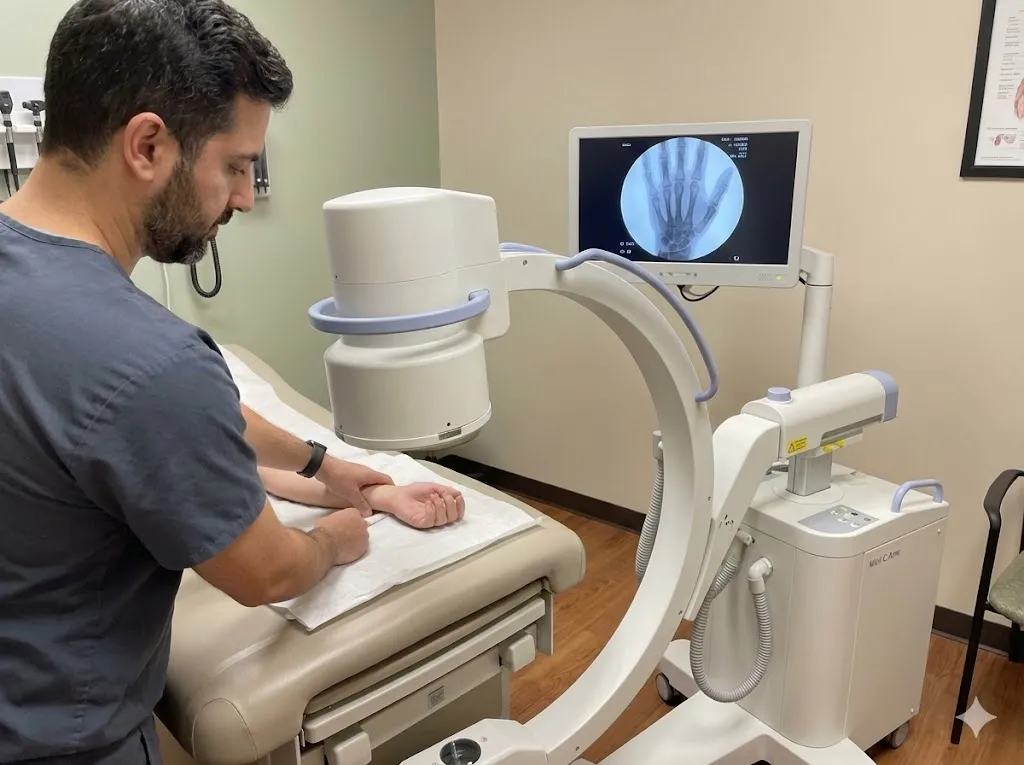What is spinal metastases?
Metastases refer to the spread of cancer from its primary location in the body to another organ. Metastatic bone disease (MBD) is the name given to the cancer that begins in an organ like the lung, breast or prostrate, and then spreads to the bone. Spinal metastases is the cancer that spreads from another region to the spine.
Cancers metastasis to the spinal column typically damage the bones and other structures to begin with, and may also lead to the collapse of vertebral segments. Pressing of tumour or bone debris on the spinal cord or nerve roots that feed various organs in the body can cause neurological problems.
What are the causes of the disorder?
The spine (or skeleton) is, in fact, the third most common site for cancer cells to migrate and spread, following lung and liver. Metastatic spinal cancers are more common than tumours that originate in the spine.
According to Medscape, around 60 to 70 per cent patients with systemic cancer develop spinal metastases. Further, 94-98 per cent of these patients develop epidural and/or vertebral involvement. Spinal cancers of the intradural extramedullary and intramedullary regions is rare, and account for only 5-6 and 0.5-1 per cent of all spinal metastases respectively.
Primary sources for spinal metastases include lung, breast, GI tract, prostrate, lymphoma, melanoma, kidney and others including multiple myeloma.
What one needs to know about symptoms or signs?
A small percentage of patients with systemic cancer develop spinal metastases, of which only a very small percentage may be symptomatic. Symptoms include:
- Bone and/or back pain, followed by a radicular pain.
- Pain in the bone at night is characteristic of systemic cancer spread to spine. Nocturnal or early morning pain is due to the tumour and it gets better with activity during the day.
- Loss of sensory and motor dysfunction.
- Loss of bowel and bladder control.
- Nerve cord compression.
What are the screening tests and investigations done to confirm or rule out the disorder?
Spinal metastases is confirmed through the following:
- Physical examination - Doctors conduct an evaluation to assess pain, neurologic function and general performance of motor functions. Presence of spinal cancer must be singled out from the coexistence or occurrence of another condition, like nerve root pain.
- Imaging tests - Imaging tests help detect spinal metastases accurately and differentiate it from other conditions that may involve the spine. Patients suspected of spinal metastases are made to undergo magnetic resonance imaging (MRI), bone scan, computerized tomography (CT) scan, myelogram, or positron emission topography (PET).
What treatment modalities are available for management of the disorder?
Three treatment modalities are presently available for spinal metastases. These include:
- Chemotherapy - Chemotherapy for spinal metastases may be of two types:
- (a) anti-tumour drugs (steroids, bisphosphonates) and
- (b) drugs that change or prevent the effect of tumour.
- Radiation therapy - Radiation is useful in treating cancers spread to the spine, though higher doses can put the patient at risk of developing pathologic radiation myelopathy and functional spinal cord transection. However, advances in this field in form of intraoperative radiation therapy (IORT), three-dimensional conformal radiation therapy (3D-CRT), and intensity-modulated radiation therapy (IMRT) allow for higher doses to be administered with reduced damage to surrounding tissues.
- Surgery - Surgery serves to improve a spinal metastatic tumour patient's quality of life once radiation therapy has reached spinal cord tolerance. A patient may be considered as a candidate for surgery based on the progression of neurological symptoms, progression of tumour and spinal instability. The location of the bone, type of surgical reconstruction required, and extent of disease also affect the decision to operate on a metastatic spinal cancer.
Treatment of metastatic spinal tumour requires a multidisciplinary review. Though radiation therapy is the primary form of treatment, advances in chemotherapy and surgery have improved the prognosis of this form of cancer. Further, early diagnosis and treatment before the development of significant neurological and functional abnormalities helps improve prognosis.
Join our Cancer group for regular updates.
List of Best Cancer Doctors across India
Best Oncologist in Delhi NCR | Best Oncologist in Mumbai Region | Best Oncologist in Kolkata | Best Oncologist in Hyderabad | Best Oncologist in Chennai |

Reviewed by







